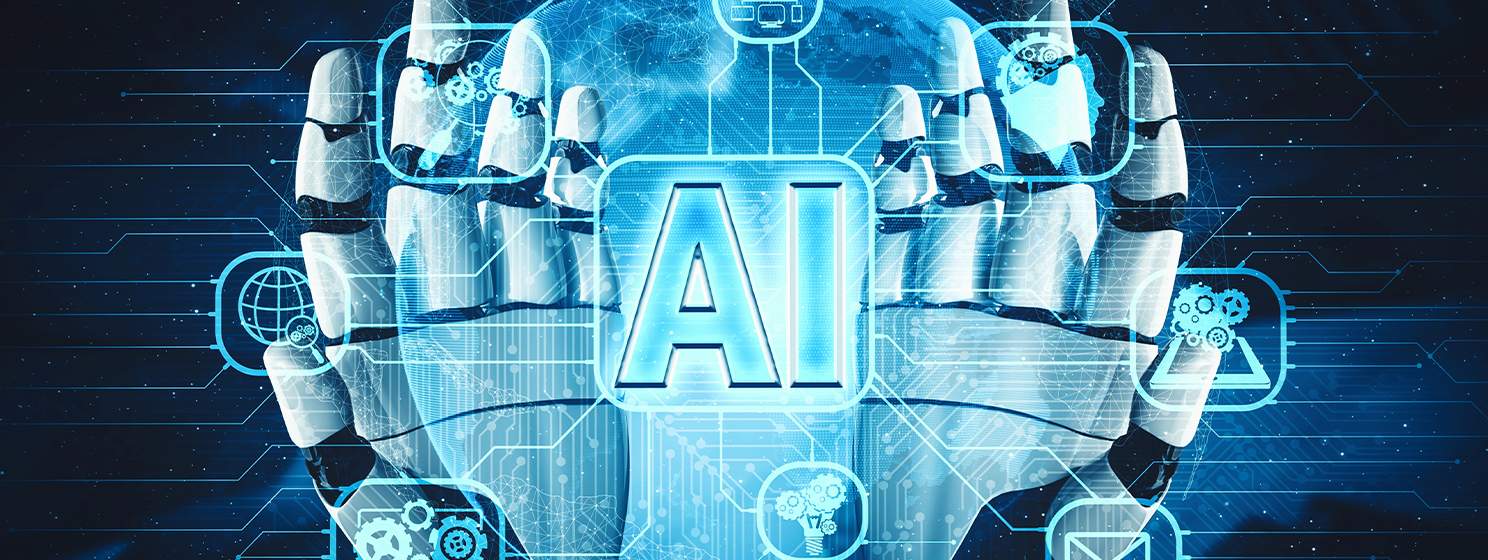|
Getting your Trinity Audio player ready...
|
Central banks must embrace artificial intelligence (AI) and leverage it to “sharpen their analytical tools,” says the Bank for International Settlements (BIS) in its first comprehensive AI report.
In a special chapter of its upcoming Annual Economic Report 2024, the Basel, Switzerland-based organization stated that AI would affect central banks in two significant ways.
First, it will impact their roles as stewards of the economy. AI is expected to significantly affect productivity, investment, consumption, and other aspects of the financial system, all of which affect price and financial stability.
AI will also have a much more direct impact as it’s increasingly integrated into operations by commercial and central banks. BIS believes that, in time, the latter will rely heavily on AI to supervise, set monetary policy, and ensure financial stability.
AI has “a direct bearing on how central banks do their jobs,” commented the Head of Research at the BIS, Hyun Song Shin.
“Vast amounts of data could provide us with faster and richer information to detect patterns and latent risks in the economy and financial system. All this could help central banks predict and steer the economy better,” he added.
Several major central banks have already started using AI. The Bank of England (BoE) revealed in April that it was using the technology “where appropriate, to support and enhance [its] capabilities.”
The European Central Bank (ECB) announced in September 2023 that it was also using AI in a “careful embrace” of the technology.
Others, like the U.S. Federal Reserve, are more reserved, with officials saying that they are exploring the technology but don’t plan to use it at the policy level.
AI also comes with its challenges, BIS acknowledged in its report. They include enhanced cyber-attack risks and fraud. It could also exacerbate some existing challenges, such as bias and discrimination relating to consumer protection and fair lending practices.
Overall, AI can be a net positive for the global financial system if central banks embrace it and keep up with the rapid pace of advancements, the banking industry standard setter says.
BIS is taking the lead. Through Project Aurora, it has found that AI is more adept at detecting dirty money than traditional methods. It has also used AI to enhance cyber resilience through Project Raven.
In order for artificial intelligence (AI) to work right within the law and thrive in the face of growing challenges, it needs to integrate an enterprise blockchain system that ensures data input quality and ownership—allowing it to keep data safe while also guaranteeing the immutability of data. Check out CoinGeek’s coverage on this emerging tech to learn more why Enterprise blockchain will be the backbone of AI.
Watch: AI & blockchain will be extremely important—here’s why

 09-05-2025
09-05-2025 





